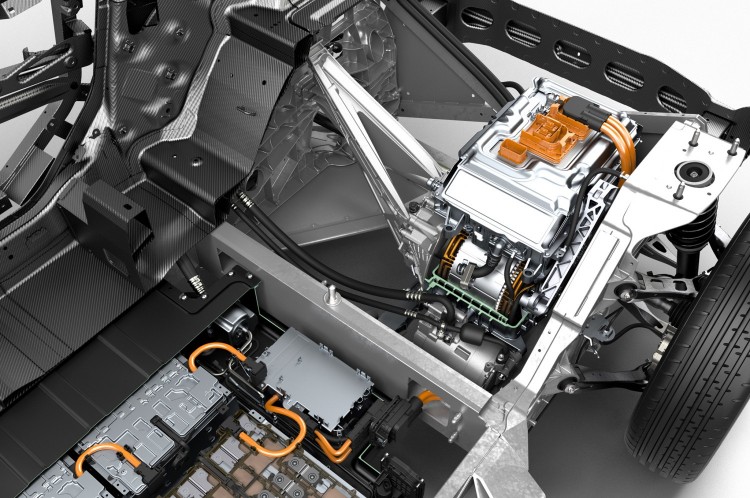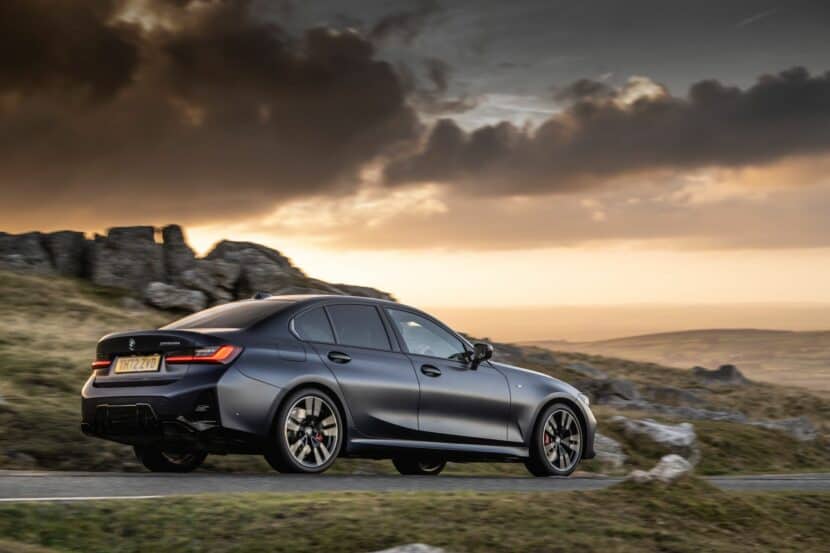A recent CNBC interview (http://www.cnbc.com/id/
“”Tesla’s car culture is far different from that of other car companies,” Baron wrote. At least, all car companies except for BMW. Baron noted that two of his analysts recently visited BMW in Germany and the BMW financial team believes that a “revolution in the drive train is underway. … We believe that BMW will likely phase out internal combustion engines over the next 10 years,” Baron wrote.”
While we think ten years is optimistic, we have wondered if the new ‘B’ code family of engines isn’t the end of IC development for BMW. In early 2012 we parked this gem in an article on BMWBLOG (https://www.bmwblog.com/2012/
“Left unsaid about optimizing the engineering effort is what are they freeing up engineering resources to do. I think we know that a lot of engineering effort is being made on providing e-mobility. And that may be the biggest benefit, from BMW’s perspective, of the common combustion chamber.”
The ‘B’ code engines were detailed in the Innovation Day in 2011. The gist of the engine family is that they share a common 500 cc combustion chamber and up to 60% of parts within fuel families and 40% commonality of parts between diesel and gasoline variants.
One other thing is important to note, the common combustion chamber provides software development savings – not a small piece of the puzzle. But one other item of note is to consider what is left to discover from an efficiency standpoint from IC engines. If we have reached the point of diminishing returns on uncovering IC efficiency and social pressure to reduce CO2 emissions continues unabated, then more electrification of automotive drive trains must occur.
Electric motors are staggeringly efficient, beyond 95% range, whereas the most efficient IC engines may touch the 35% efficiency mark. In addition electric motors have an advantage in torque delivery – all of an electric motor’s torque is available from zero RPM.
What is holding back electric mobility is battery storage capacity and recharging rates (range and ‘rate of refueling’ issues). But as solutions become available for those issues the IC engineswill be pushed further into niches, and away from mainstream vehicles.
BMW, unlike some other premium automakers, is building their own electric motors for use in the i3 and i8. And it should come as no surprise that BMW states simply, in their annual reports, that they build premium personal mobility, without saying how the product is propelled.






































































